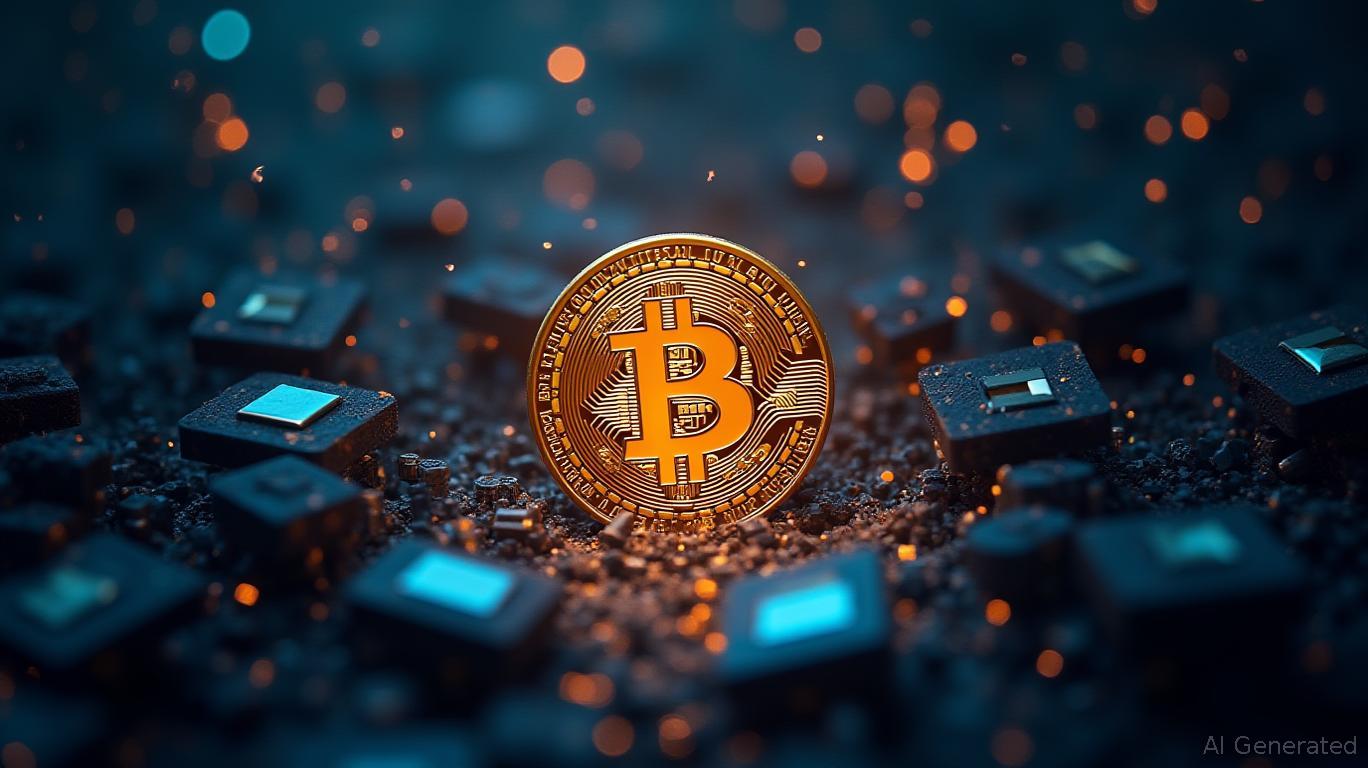Bitcoin News Update: Efforts to Improve Bitcoin's Efficiency May Threaten Decentralization Amid Spam Challenges
A suggested
The idea, recently debated in developer meetings, aims to tackle the surge of low-value transactions congesting the blockchain. These spam transactions, often created by bots or bad actors, have become more common as Bitcoin’s price climbs and institutional interest grows, according to an

The timing of this proposal aligns with a notable increase in Bitcoin-related activity. Binance’s token (BNB) jumped more than 8% after President Trump granted a pardon to co-founder Changpeng Zhao, boosting investor optimism in the exchange and its network, according to
Regulatory changes have also influenced the ongoing discussion. Trump’s pardon of Zhao, who completed a four-month sentence for anti-money laundering offenses, has been portrayed as a positive move for crypto policy in an FXStreet analysis. This comes after a period of stricter enforcement under the Biden administration, with Binance agreeing to a $4.3 billion settlement in 2024, as covered by Bloomberg. Opponents of the soft fork suggest that regulatory reforms, rather than technical changes, should address spam and illegal activities, a perspective echoed in Crypto.News commentary.
The possible effects on smaller exchanges remain a point of concern. For example, WazirX recently restarted operations after suffering a $234 million hack in 2024, highlighting the vulnerability of exchange infrastructure to new threats. Similarly, decentralized exchange Bunni closed in 2025 after an $8.4 million exploit, citing a lack of resources for security audits, with both incidents reported by Crypto.News. Supporters of the soft fork argue that cutting down on spam transactions could help exchanges reduce costs and indirectly strengthen security, a view also mentioned in the a16z report.
Market trends add further complexity to the issue. Kraken’s revenue doubled to $648 million in the third quarter as it moves toward an IPO, while Coinbase’s $375 million acquisition of on-chain fundraising platform Echo points to industry consolidation, according to Crypto.News. Bullish, another exchange, is seeking a $4.8 billion valuation in a larger IPO backed by BlackRock and
The outcome of the proposal depends on agreement among both developers and miners. While initial talks are technical, broader questions about Bitcoin’s governance are coming to the forefront. As highlighted in the a16z report, the trend toward institutional adoption is accelerating, with stablecoins and regulatory clarity playing key roles. Whether the soft fork is implemented will likely depend on finding a balance between innovation and Bitcoin’s foundational principle of decentralization.